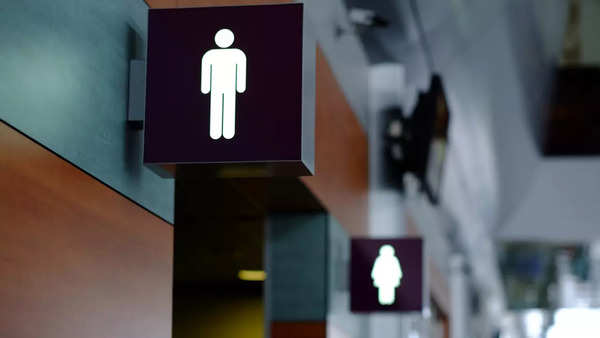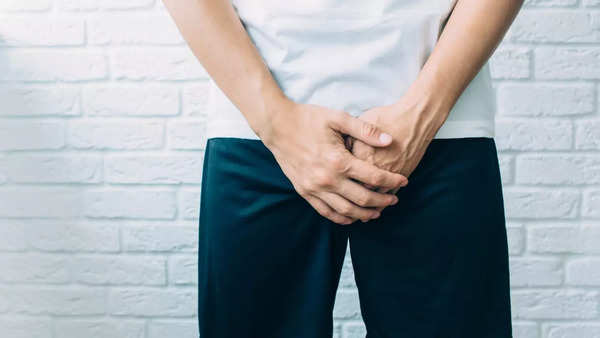Maybe your meeting will wrap in a few minutes so you hesitate to excuse, or stuck on a road trip with no restroom in sight, or binge-watching the final episode of your favourite series, so can’t pause it and go, or holding it rather than using a dirty public restroom, the reason may vary, but we’ve all been there – holding pee for longer than we probably should. While it may seem harmless occasionally, holding your pee for too long can have consequences.
Before diving into the consequences of
holding urine
for a long time, let’s first understand how urination actually works and what happens when you hold urine.
Urination involves a coordinated effort between your kidneys, bladder, and nervous system to store and release urine. Your kidney filters waste products, excess water, and toxins from the blood to produce urine. This travels to the bladder through two thin tubes called ureters. The bladder is a muscular organ, which expands as it fills with urine, and can hold up to 400–600 milliliters on average. When the bladder fills, the stretch receptors in its walls send signals to the brain, and you feel an urge to urinate. If you choose to go to the restroom, the brain signals the bladder muscles to contract and the sphincter muscles to relax, letting the urine flow through the urethra.
However, when you decide not to go, the brain signals the sphincter muscles to tighten, and the urine stays in.
What are the
Though the bladder can hold about a pint of urine, the urge to urinate usually starts when your bladder is about half full. In most adults, occasionally holding pee may not cause problems, however, the consequences are huge if you make it a habit.
Bladder stretching: Holding in your urine for too long can weaken your bladder muscles. This is because when you hold urine, the bladder stretches beyond its normal capacity. Over time, repeated stretching can weaken the muscles, making it harder for you to empty your bladder completely and cause urinary retention.
Risk of UTIs: Hold pee for a long time will increase your risk for Urinary Tract Infections (UTIs). This is because the bacteria in the urine have more time to multiply in your bladder. UTI can cause burning sensations while urinating, pelvic pain, and frequent urges to pee.
Kidney damage: When you hold pee for a long time, it may back up to the kidney, potentially causing infections or kidney damage over time. This condition is known as vesicoureteral reflux.
Jamie Foxx Breaks Silence On Health Scare: ‘When You are in a medical emergency…’
Pelvic floor muscle damage: Not emptying the urine, when you feel the urge, can put strain on your pelvic floor muscles. One of these muscles is the urethral sphincter, which controls the urethra by opening and closing. When holding pee becomes a habit, these muscles are strained leading to leaking urine unintentionally.
Bladder stones: When the urine sits in the bladder for too long, minerals in the urine can crystallize, forming stones in the bladder, which block the flow of urine, and cause pain.
So next time you think to hold your pee a little longer, think again.
(Pic courtesy: iStock)
I’m Manas Ranjan Sahoo: Founder of “Webtirety Software”. I’m a Full-time Software Professional and an aspiring entrepreneur, dedicated to growing this platform as large as possible. I love to Write Blogs on Software, Mobile applications, Web Technology, eCommerce, SEO, and about My experience with Life.







